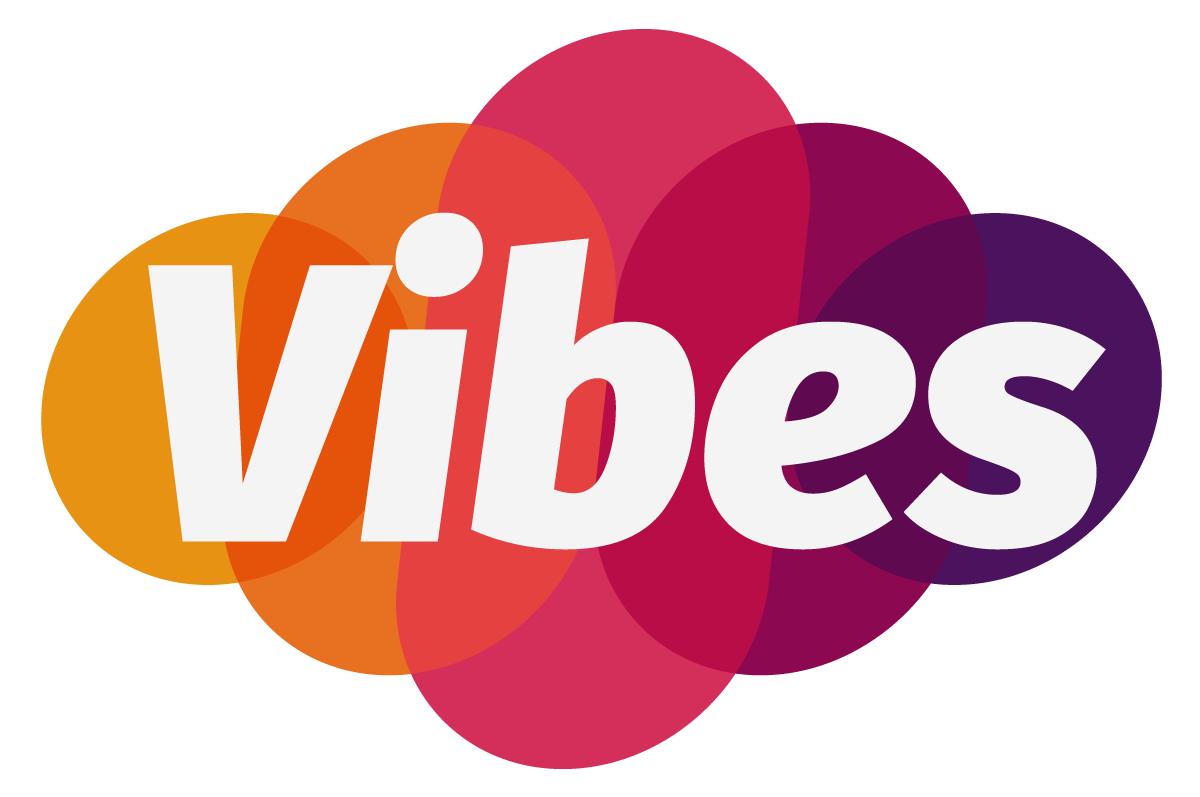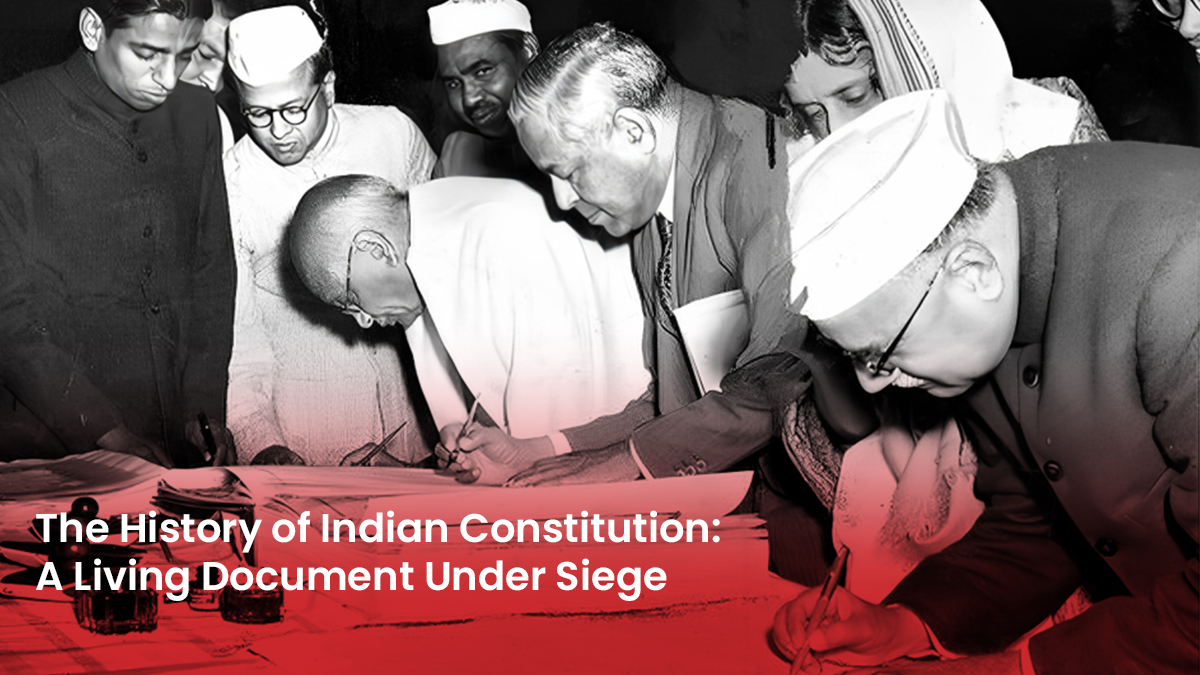Immediately after finishing your 10+2 or PUC studies, choosing the right career path can be challenging. Engineering remains one of the most preferred options due to its broad career prospects in various industries.
One of the most popular degrees for individuals looking to establish a foundation in technical education is the B.Tech, a program designed to provide students with strong technical expertise, practical exposure, and industry-oriented learning.
Whether it’s software development or mechanical innovation, a B.Tech degree promises varied career paths. But what exactly is meant by a B.Tech degree and what does it have to offer for students?
Let’s find out in this blog, where we discuss the BTech full form, eligibility, duration, and most prestigious colleges.
What is meant by B.Tech
B.Tech is an undergraduate four-year degree and is designed to develop technical and engineering capabilities in various fields. It is designed to deliver theoretical knowledge as well as practical skills required in sectors like IT, Mechanical, Civil, Electronics, etc.
The students can specialize in areas of computer science, electrical engineering, or biotechnology, based on their preference. This professional degree creates doors for diverse career opportunities in private and government sectors.
What is the full form of B.Tech
BTech full form in engineering is abbreviated as Bachelor of Technology which is a four-year course for technical and practical oriented learning in diverse engineering fields. This degree prepares students for developing problem-solving skills and technical expertise with some exposure to labs, projects, and internships.
It is one of the best-picked courses for learners on the path towards the technology and innovative career segment. After completing B.Tech, the graduates can find their jobs among various options in IT companies and the manufacturing, construction, and research industries.
Overview of B.Tech course
The B.Tech Course is actually a four-years undergraduate course on technical and engineering education. The B.Tech students get theoretical knowledge and practical preparation for employment in industries like IT, manufacturing, construction, etc.
B.Tech full form in engineering
B.Tech stands for Bachelor of Technology. It is one of the most popular engineering degrees, offering hands-on learning in various technical fields like Computer Science, Mechanical, Civil, and Electrical Engineering.
B.Tech CSE full form
B.Tech CSE is the Bachelor of Technology in Computer Science and Engineering. It deals with programming, data structures, AI, and software development and aims to equip students for IT and technology-based professions.
B.Tech ECE full form
B.Tech ECE is the abbreviation for Bachelor of Technology in Electronics and Communication Engineering. It deals with subjects such as circuits, signal processing, and wireless communication, resulting in telecom, embedded systems, and electronics industry careers.
B.Tech IT full form
B.Tech IT refers to Bachelor of Technology in Information Technology. It deals with networking, security, databases, and software applications, so graduates become eligible for IT services, web development, and system administration.
B.Tech ME full form
The B.Tech Mechanical Engineering full form is Bachelor of Technology in Mechanical Engineering. It is concerned with designing, manufacturing, and sustaining mechanical systems, and the career opportunities lie in automobile, aerospace, and robotics sectors.
B.Tech EEE full form
B.Tech EEE is short for Bachelor of Technology in Electrical and Electronics Engineering. Electrical circuits, power systems, and automation are included in this branch, and it gives rise to jobs in energy, electronics, and manufacturing sectors.
B.Tech CCC full form
B.Tech CCC is an abbreviation for Bachelor of Technology in Computer and Communication Engineering. It is a mix of CSE and ECE concepts, with topics on networking, embedded systems, and data communication for IT and telecom careers.
B.Tech courses after 12th
The B.Tech courses after 12th are meant for those students who desire to create a career in technology and engineering. This four-year course provides multiple specializations in streams such as Computer Science, Mechanical, Civil, and Electrical Engineering. Combining theoretical and practical education, B.Tech makes students capable of performing in various jobs.
B.Tech courses list
Following are the B.Tech courses list which a student can pursue to complete their graduation:
- B.Tech in Computer Science Engineering
- B.Tech in Mechanical Engineering
- B.Tech in Civil Engineering
- B.Tech in Electrical Engineering
- B.Tech in Electronics and Communication Engineering
- B.Tech in Information Technology
- B.Tech in Artificial Intelligence & Data Science
- B.Tech in Biotechnology
- B.Tech in Aeronautical Engineering
- B.Tech in Chemical Engineering
B.Tech course duration
The duration of the B.Tech course is normally four years, spanning eight semesters. Each semester takes up different subjects, projects, and practical training. Those joining through lateral entry after a diploma can complete B.Tech within three years. Some universities provide an integrated five-year B.Tech + M.Tech program.
B.Tech fees
The B.Tech fees vary depending on the college, specialization, and location. Government colleges have lower fees, while private institutions may charge higher amounts. Many colleges also offer scholarships or loan facilities to help students manage their fees. Here is the list of top colleges available to do B.Tech courses along with the approximate B.Tech fees.
| College/University | Approximate fees (per year) | Key highlights |
| Indian Institutes of Technology (IITs) | ₹2,00,000 – ₹3,00,000 | Top-ranked, excellent placements |
| National Institutes of Technology (NITs) | ₹1,25,000 – ₹2,00,000 | Strong industry connections, affordable |
| Private Engineering Colleges | ₹2,00,000 – ₹5,00,000 | Modern infrastructure, diverse courses |
| State Government Colleges | ₹50,000 – ₹1,50,000 | Low fees, good faculty |
| Deemed Universities | ₹3,00,000 – ₹6,00,000 | Global tie-ups, research opportunities |
Please note: The fees mentioned in the above table may be subject to change as per the university’s latest guidelines. It is recommended to check the official website of the respective university for the latest information.
B.Tech course fees
The B.Tech course fees differ according to the college and specialization:
- Government colleges: ₹50,000 – ₹2,00,000 per year approximately
- Private colleges: ₹2,00,000 – ₹5,00,000 per year approximately
- Deemed universities: ₹3,00,000 – ₹6,00,000 per year approximately
B.Tech subjects
The B.Tech subjects cover both core and elective topics, focusing on technical knowledge and practical skills. These subjects vary by specialization but include engineering basics, mathematics, and advanced domain-specific topics.
Common B.Tech subjects are:
- Mathematics
- Physics
- Chemistry
- Engineering Mechanics
- Computer Programming
- Electrical & Electronics Engineering
- Thermodynamics
- Structural Analysis
- Data Structures & Algorithms
- Control Systems
- Machine Learning
- Robotics & Automation
B.Tech syllabus
The B.Tech syllabus is based on the specialization a student pursues. Every branch of engineering has a different curriculum for core and elective subjects. The curriculum is semester-based, and the number of subjects in each semester differs according to the university or institute.
B.Tech typically follows the four-year format, two semesters per annum, so a total of eight semesters. The first year typically entails basic subjects such as Mathematics, Physics, and Programming, with advanced topics following in subsequent semesters that align with the field of specialization. Additionally, certain universities also add internships, projects, and industry training within the curriculum.
B.Tech results
The B.Tech results are typically released after the end of each semester. Colleges and universities announce results online, where students can view their grades, marks, and performance. Results are significant in fetching placements, internships, as well as higher studies. Re-evaluation facilities are also offered by some colleges for those students who want to enhance their marks.
B.Tech jobs
After B.Tech, the student can consider taking up diverse employment opportunities across diversified industries. Industry organizations appoint students of B.Tech as managers and technicians after considering their professional specialization and experience. Higher study options for a B.Tech graduate are to pursue M.Tech, MBA, or obtain certifications that ensure better professional careers.
| Job role | Responsibilities | Average salary (per year) |
| Software Engineer | Develop, test, and maintain software programs | ₹4,00,000 – ₹12,00,000 |
| Mechanical Engineer | Design and analyze mechanical systems | ₹3,50,000 – ₹8,00,000 |
| Civil Engineer | Plan and oversee construction projects | ₹3,00,000 – ₹7,00,000 |
| Electrical Engineer | Work on electrical circuits and power systems | ₹3,50,000 – ₹9,00,000 |
| Data Analyst | Analyze data and provide business insights | ₹4,00,000 – ₹10,00,000 |
| Network Engineer | Maintain and troubleshoot network systems | ₹3,00,000 – ₹6,00,000 |
Please note: The average salaries mentioned may be subject to change as per the respective employer and the organization’s guidelines.
B.Tech salary
The B.Tech salary per month varies according to the job position, specialization, and firm. Freshers receive approximately ₹25,000 to ₹60,000 per month, while experienced personnel can earn even more, particularly in IT and core engineering sectors. Salaries can rise according to skills, work experience, and firm reputation.
B.Tech entrance exams
In order to gain entry into a prestigious engineering college, students have to pass a B.Tech entrance exam. Various states and universities organize these exams to evaluate candidates in Mathematics, Physics, and Chemistry. Each test has its own syllabus, marking criteria, and level of difficulty. Proper preparation well in advance increases the chances of securing admission into a top college.
Popular B.Tech entrance exams include:
| Exam name | Conducting body | Accepted by |
| JEE Main | NTA | NITs, IIITs, Private Colleges |
| JEE Advanced | IITs | IITs Only |
| BITSAT | BITS Pilani | BITS Campuses |
| VITEEE | VIT University | VIT Campuses |
| SRMJEEE | SRM University | SRM Institutes |
| WBJEE | WBJEEB | West Bengal Engineering Colleges |
| MHT CET | Maharashtra Government | Maharashtra Engineering Colleges |
Conclusion
Understanding the BTech full form helps students and parents make informed career decisions. This degree is more than just a qualification; it builds technical knowledge, practical skills, and problem-solving abilities.
B.Tech graduates are highly valued in industries that drive innovation, from IT to infrastructure. The structured syllabus, industry exposure, and hands-on projects ensure students stay relevant in the ever-evolving job market. Beyond jobs, a B.Tech degree also paves the way for entrepreneurship, research, and higher studies.
Choosing the right specialization and college can significantly impact career growth, making B.Tech a great choice for aspiring engineers.

























